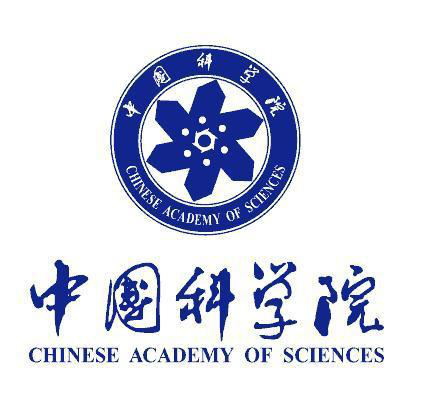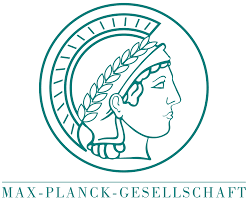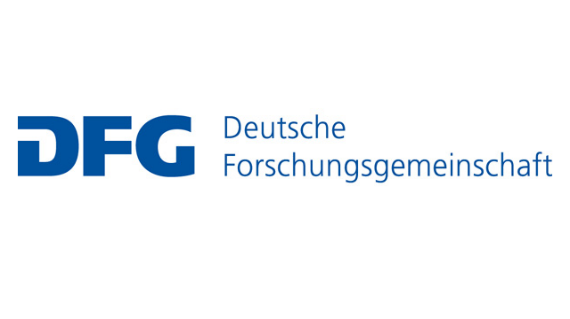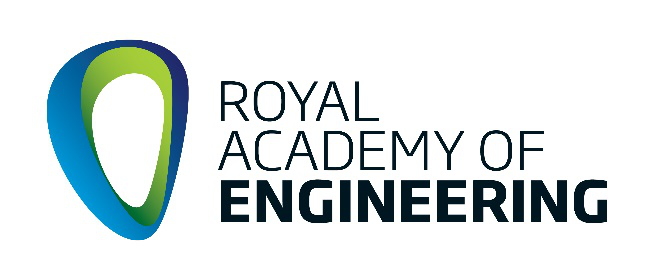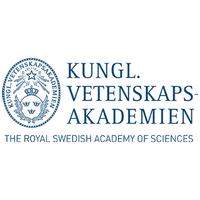Knowledge Flow Theory and Modeling in Mechanical System Integration Design
The competition in the manufacturing industry is already the competition in design, and the design competition is, to a large extent, the competition of introducing new technologies to make products with new performance (increasing value). The basis for supporting competition is knowledge and the ability to acquire new knowledge. Mechanical systems have a more complex structure and are more sensitive to the introduction of new technologies than components, so the competitiveness of integrated design relies more on knowledge and the ability to acquire new knowledge. New knowledge is a dynamic collection, and knowledge acquisition is dependent on intellectual resources. When resources are transformed from a vertical structure to a distributed structure, the frequent acquisition and application of new knowledge in integrated design is a process in which knowledge flows between participating design members, while knowledge integration is a deep interpretation of integrated design.
The project will study the mechanical system integration design from this perspective, study the knowledge and knowledge flow in the design, the driving force of the flow, the constraints of the flow, the topological structure of the flow, controllable factors and control methods. The aim is to obtain maximum flow efficiency so that the design has maximum competitiveness. At the same time of theoretical research, the tribological design of the complex mechanical system of large-scale ship diesel engines is to be selected as the specific object, the implementation method will be studied, and the corresponding resource and environment construction and the development of the enabling tool prototype will be studied.





